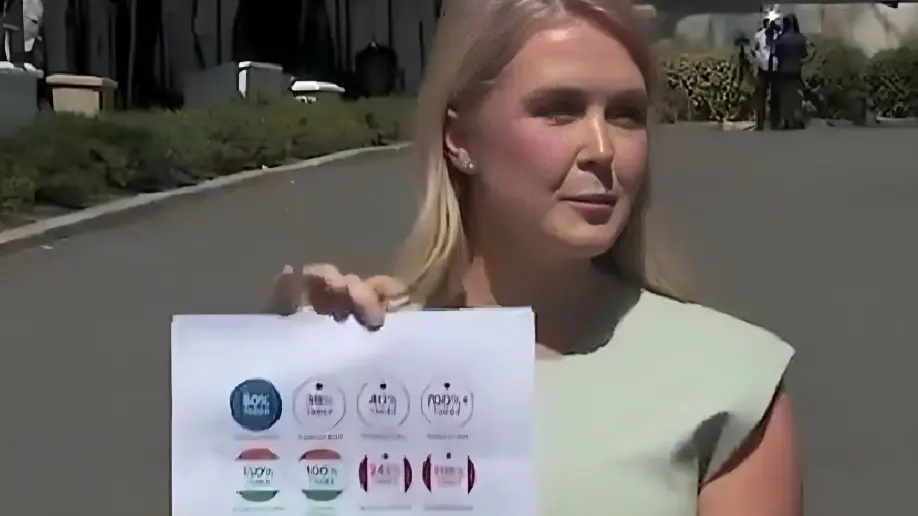Advertisement
Updated April 1st 2025, 10:03 IST
100% Reciprocal Tariff On India’s Agri Sector In US? Know Details
The imposition of high tariffs by both India and the U.S. underscores the complexities of international trade relations.

On April 1, 2025, the White House highlighted India's imposition of a 100% tariff on U.S. agricultural products, intensifying trade tensions between the two nations. White House Press Secretary Karoline Leavitt remarked that such high levies make it "virtually impossible" for U.S. products to compete in these markets.
“Unfortunately, these countries have been ripping off our nation for far too long, and they’ve made, I think, their disdain for the American workers quite clear", she said.
U.S. Response to Reciprocal Tariffs
In retaliation, President Donald Trump announced the implementation of 'reciprocal tariffs' set to commence on April 2, 2025, dubbed ‘Liberation Day’. These tariffs aim to counteract what the administration perceives as unfair trade practices by countries imposing high duties on American goods. President Trump stated that these measures would apply globally, affecting all nations without exception.
Impact on India-U.S. Trade Relations
The introduction of reciprocal tariffs poses significant challenges for India-U.S. trade relations. India has been a major exporter to the U.S., with key sectors including textiles, pharmaceuticals, and automotive components.
The imposition of U.S. tariffs could lead to a decline in these exports, potentially affecting India's economy. However, reports suggest that the overall impact might be limited, with estimates indicating a potential reduction in exports by only 3-3.5%.
Ongoing Negotiations and Future Outlook
Despite the escalating tariff measures, both nations have been engaged in negotiations to resolve trade disputes. India has offered tariff reductions on certain U.S. agricultural products, such as almonds and cranberries, aiming to prevent the impending reciprocal tariffs and strengthen bilateral trade relations. These discussions reflect a mutual interest in reaching a favourable trade agreement, with hopes to finalize the first phase by fall 2025.
The imposition of high tariffs by both India and the U.S. underscores the complexities of international trade relations. While protective measures aim to safeguard domestic industries, they also risk escalating into broader trade conflicts. Continued dialogue and negotiation remain crucial to achieving equitable solutions that benefit both economies.
Published April 1st 2025, 10:03 IST
